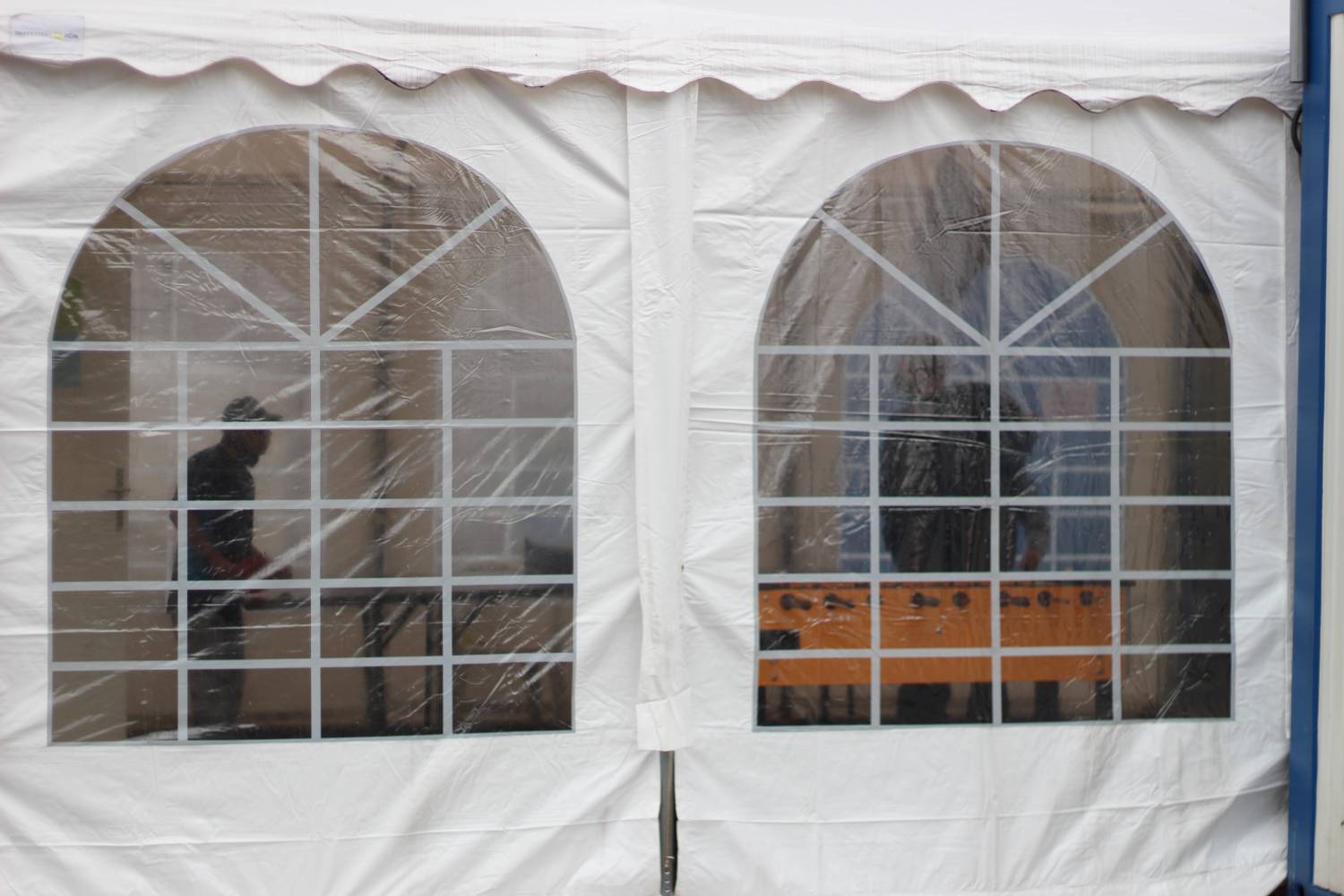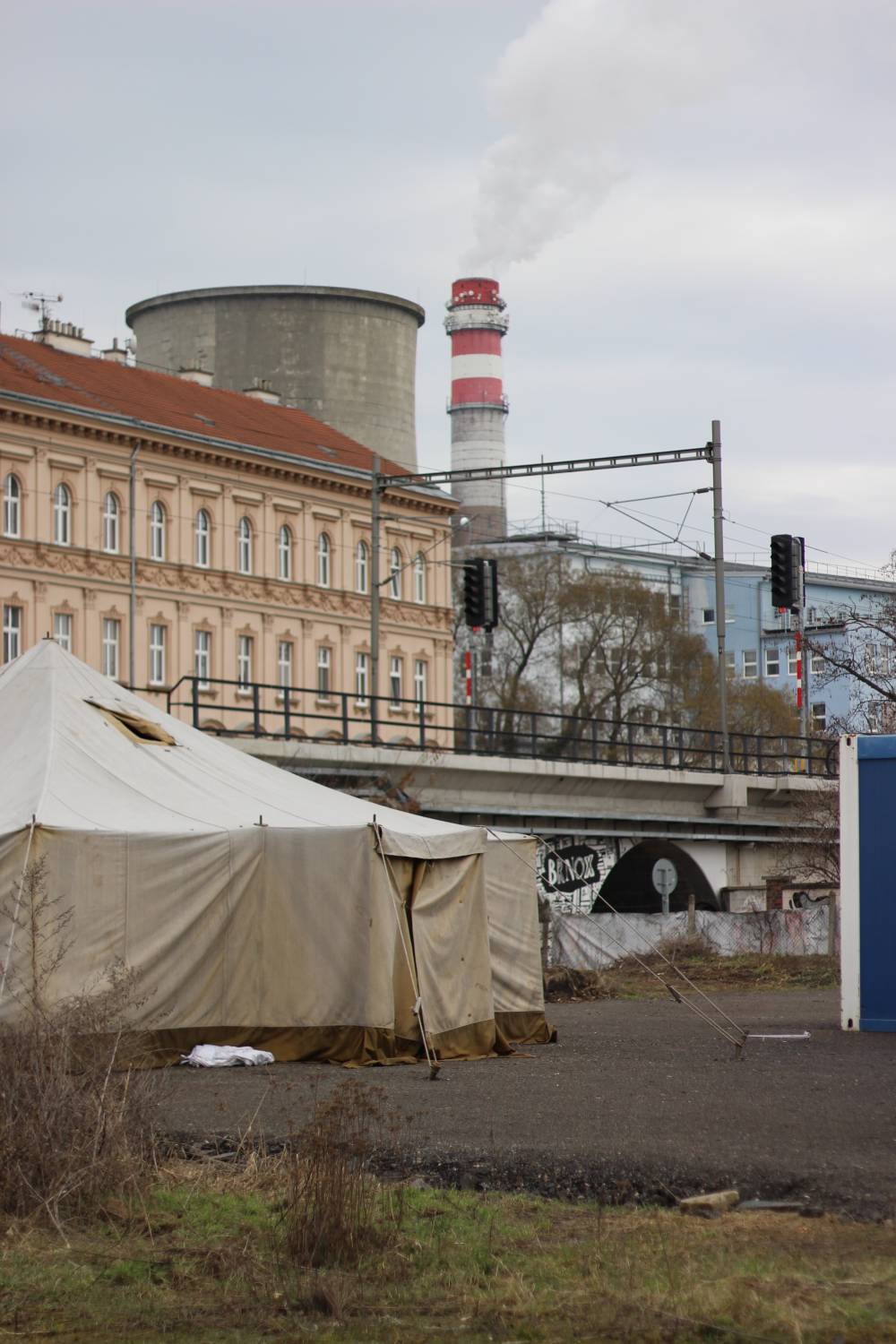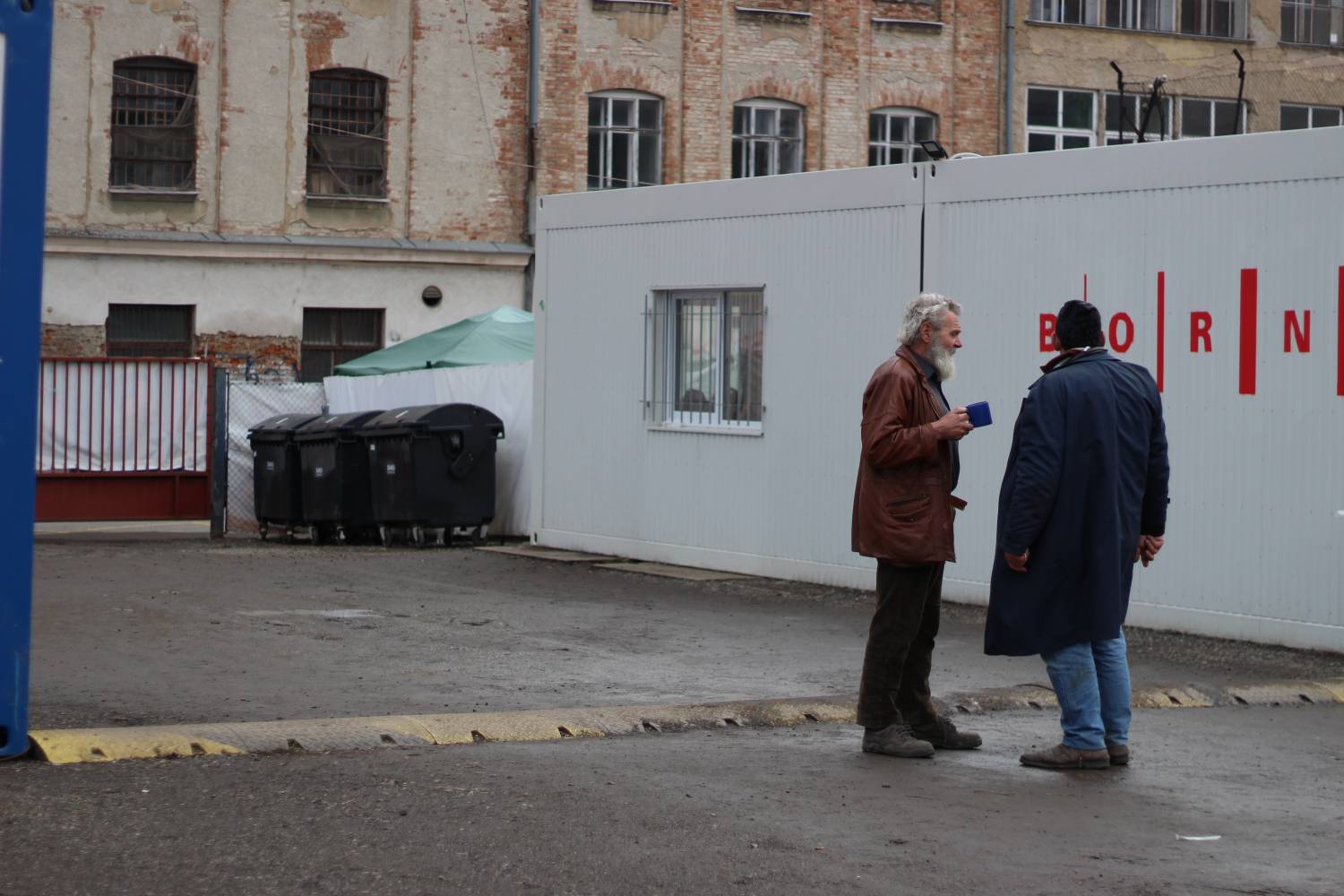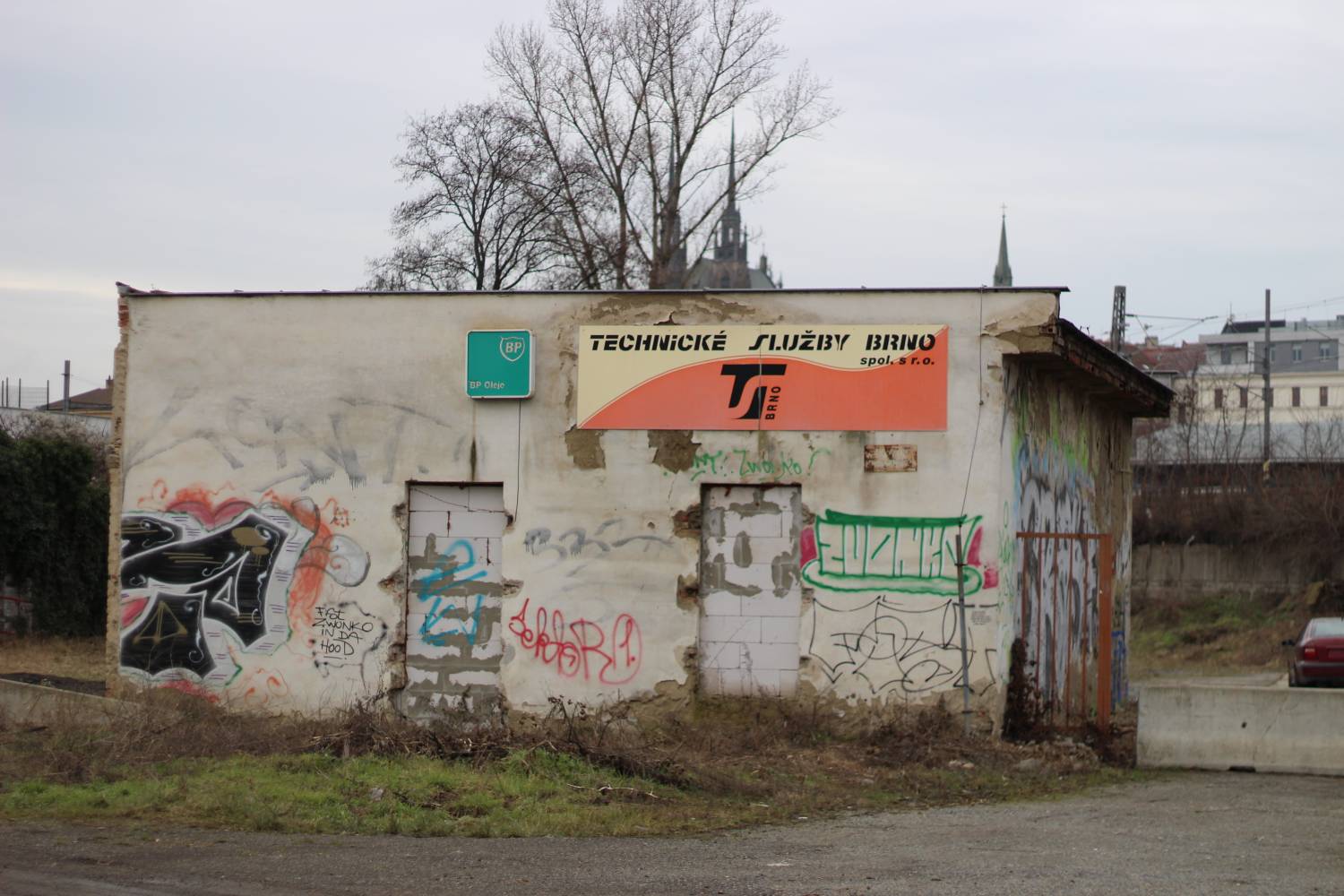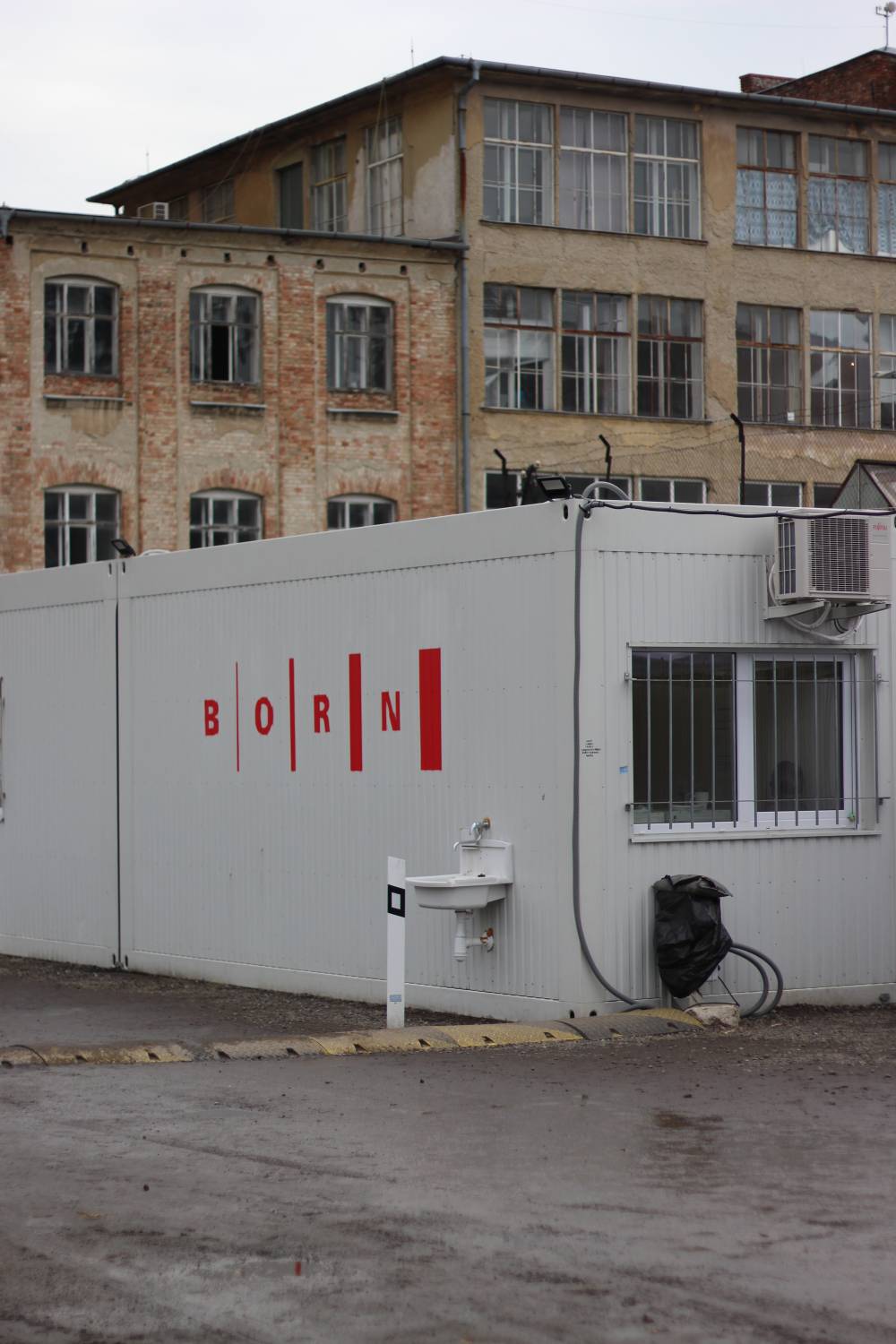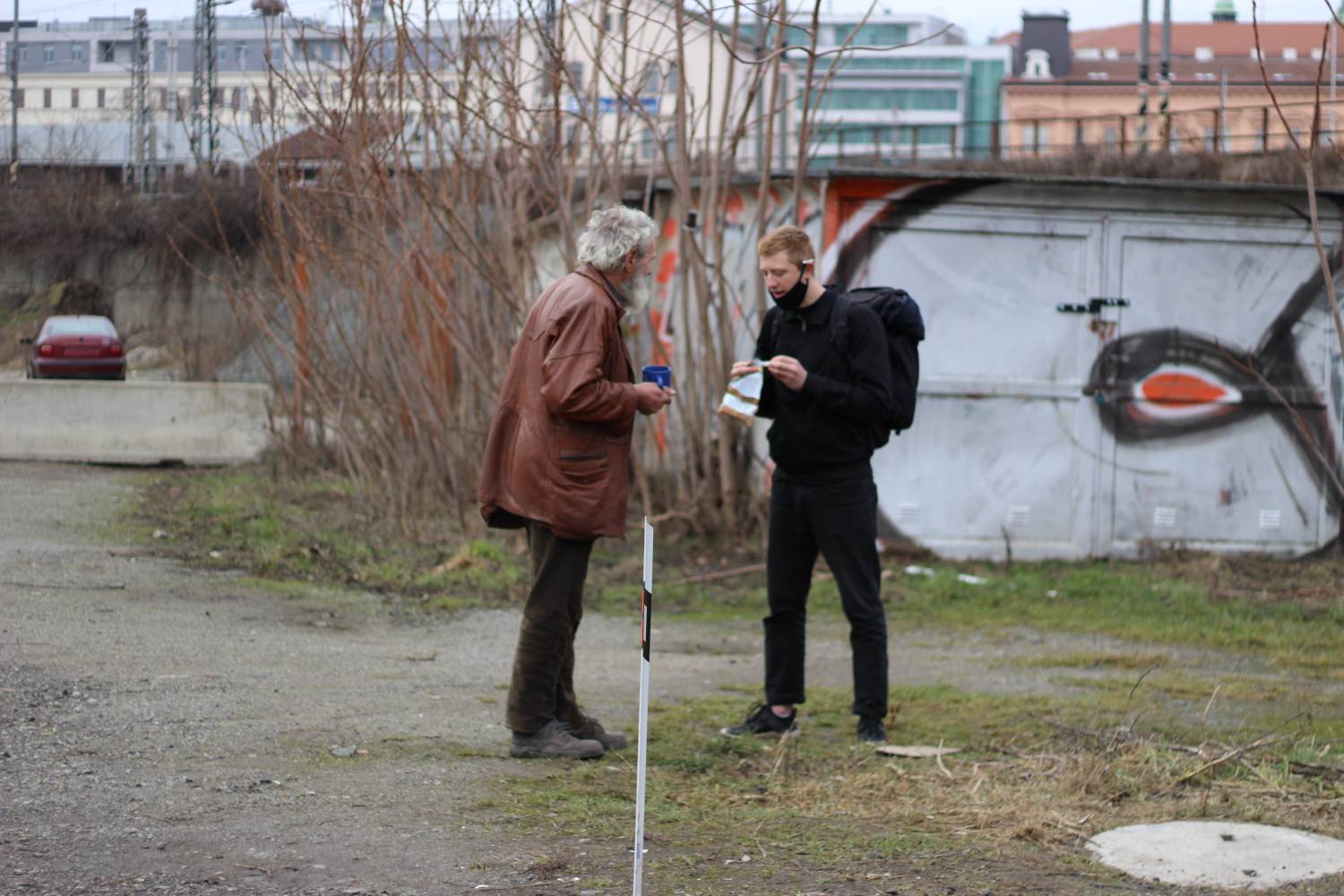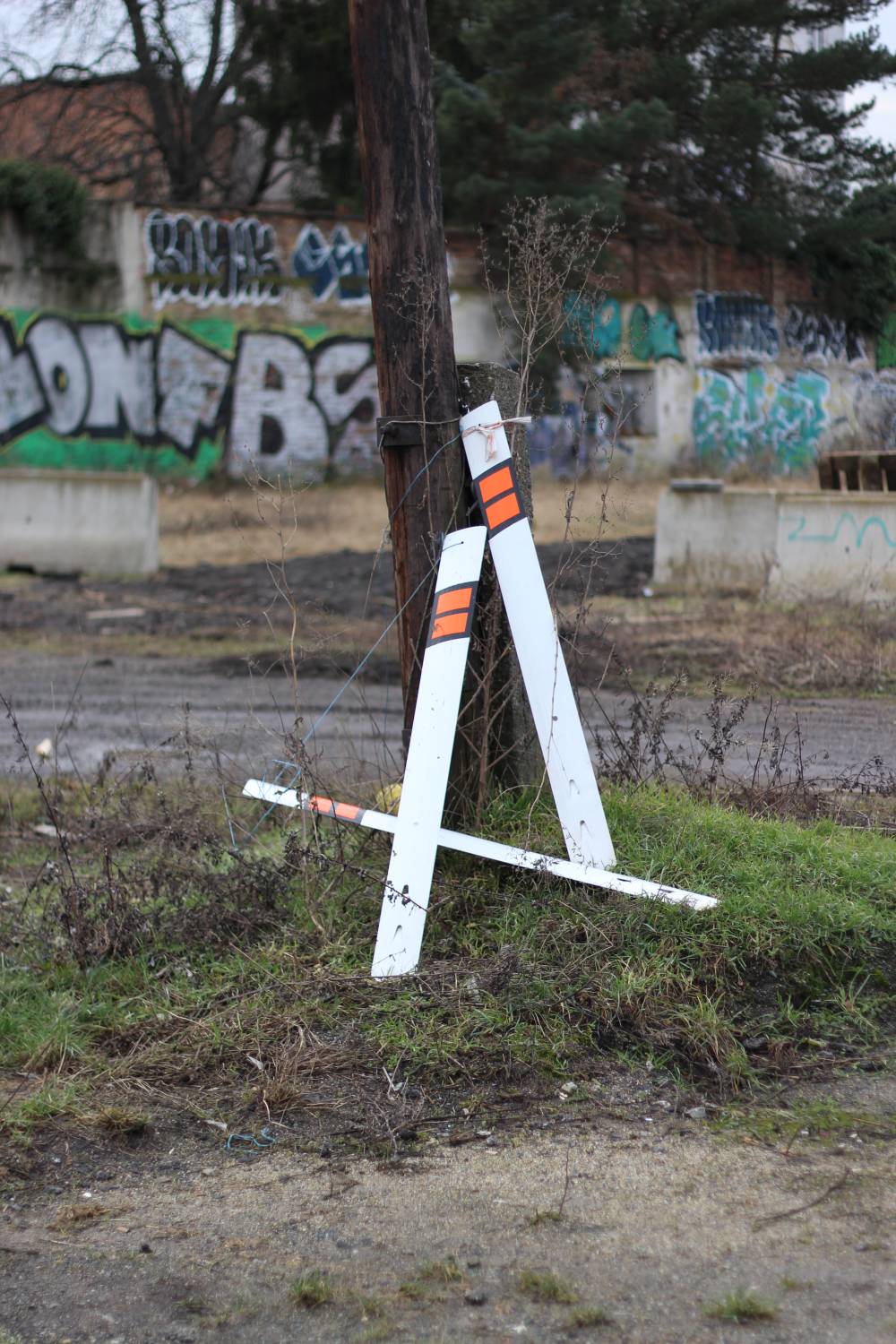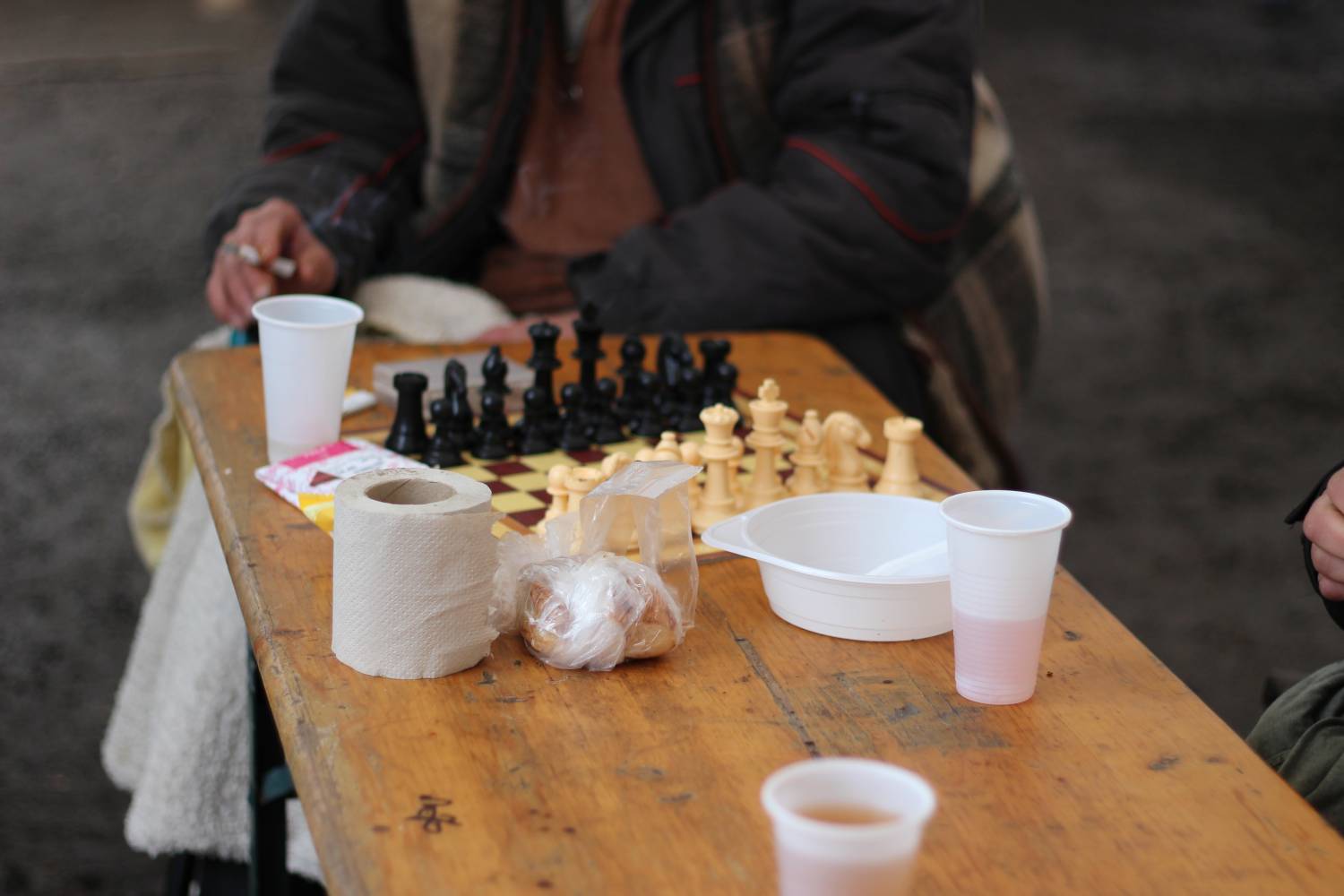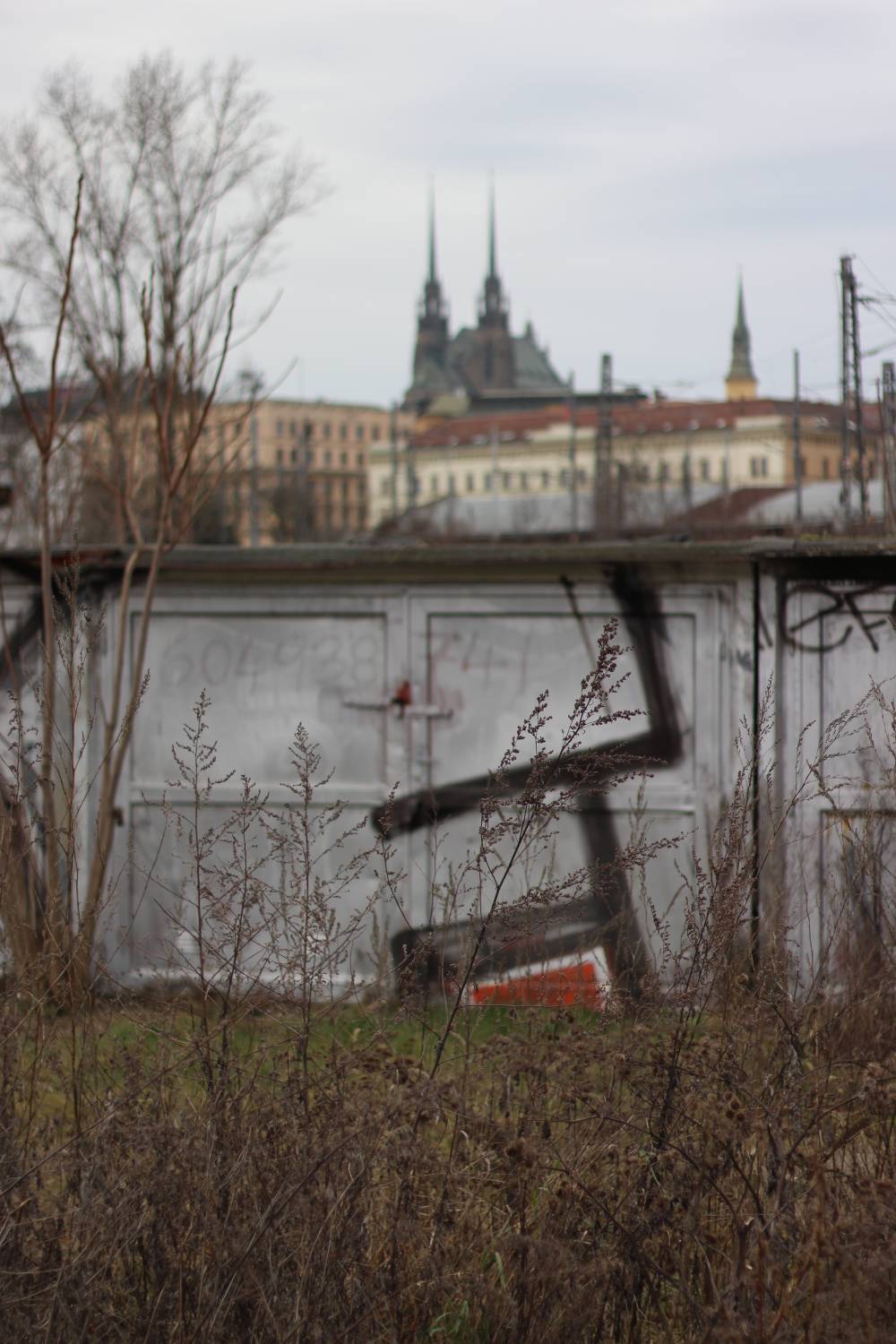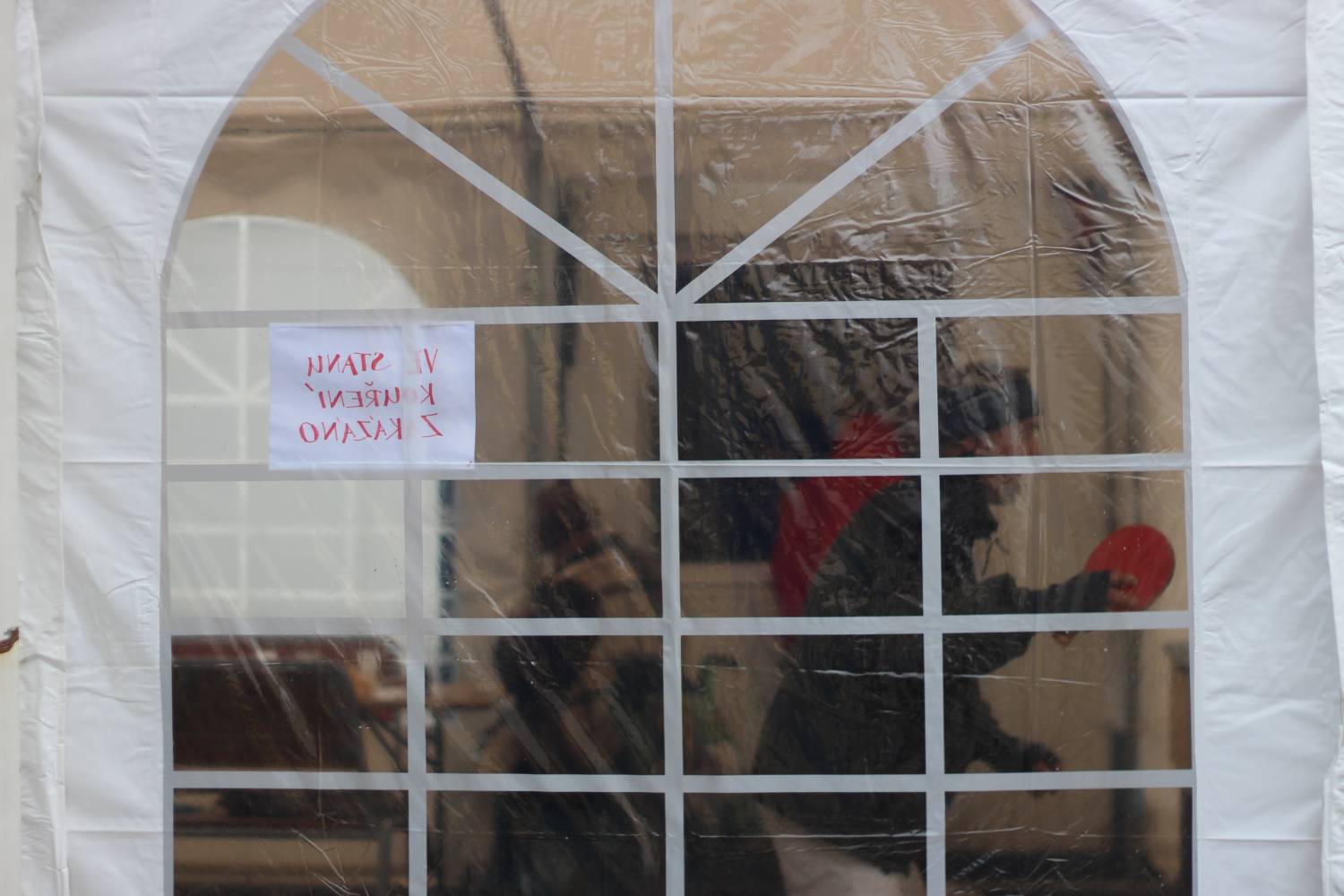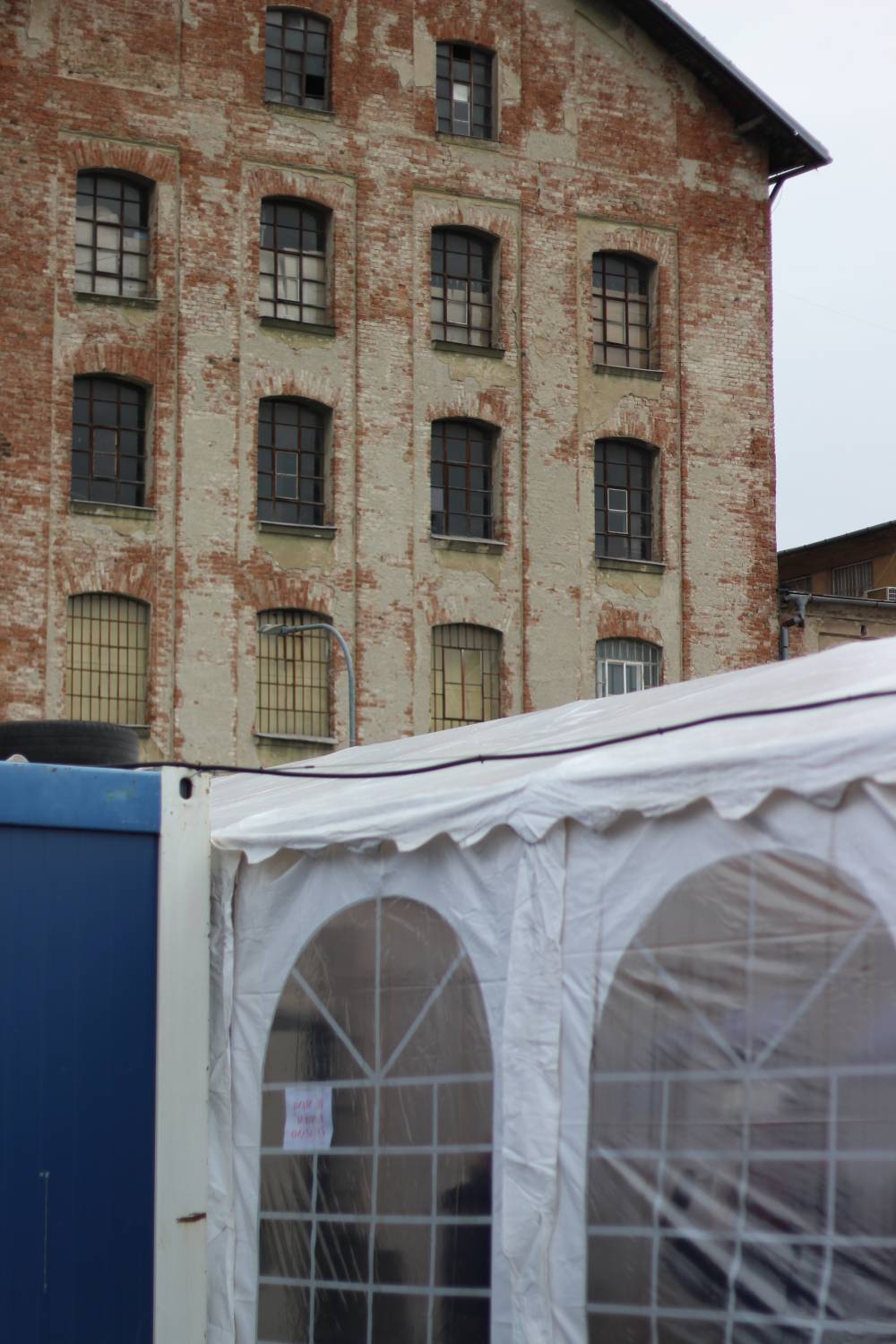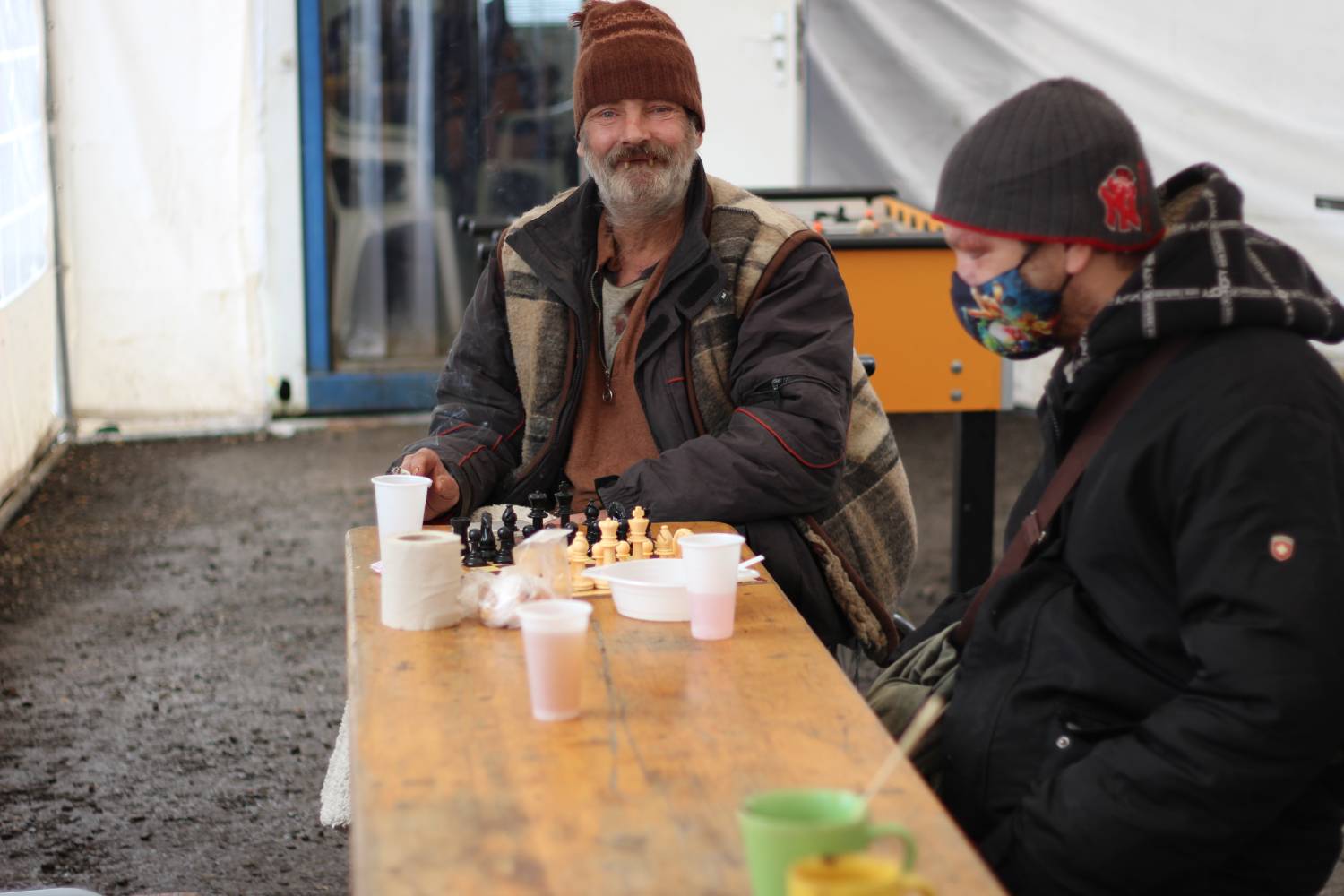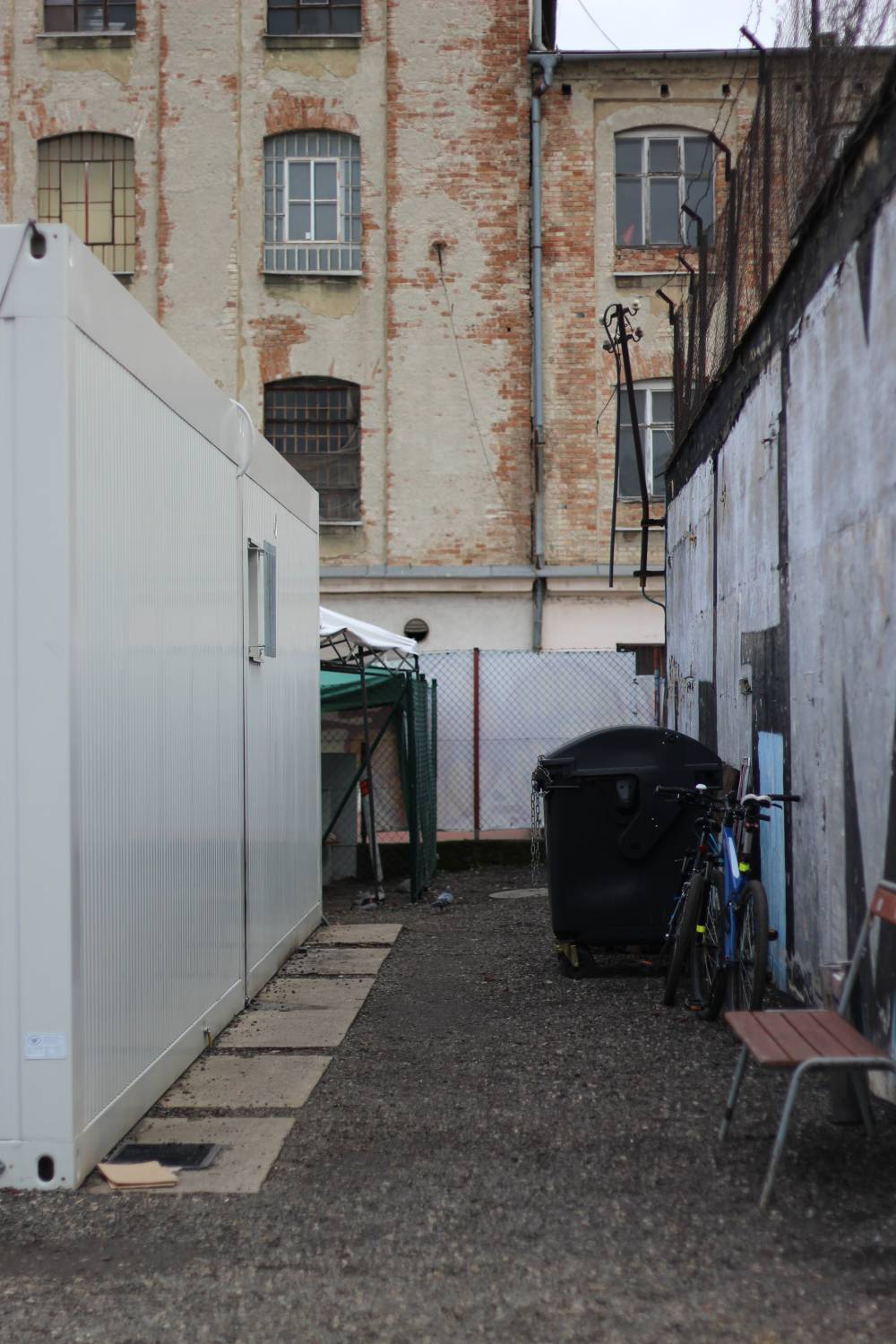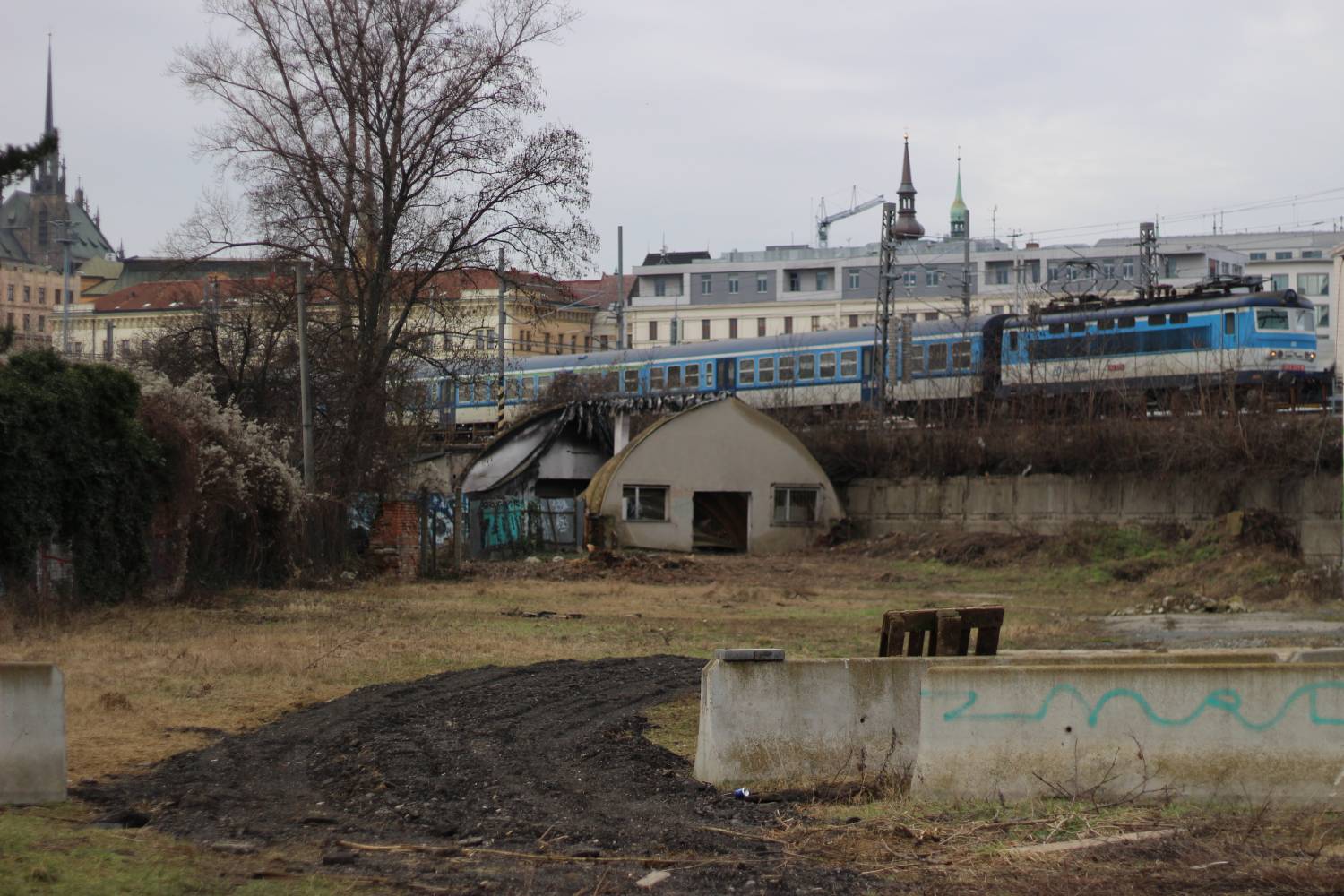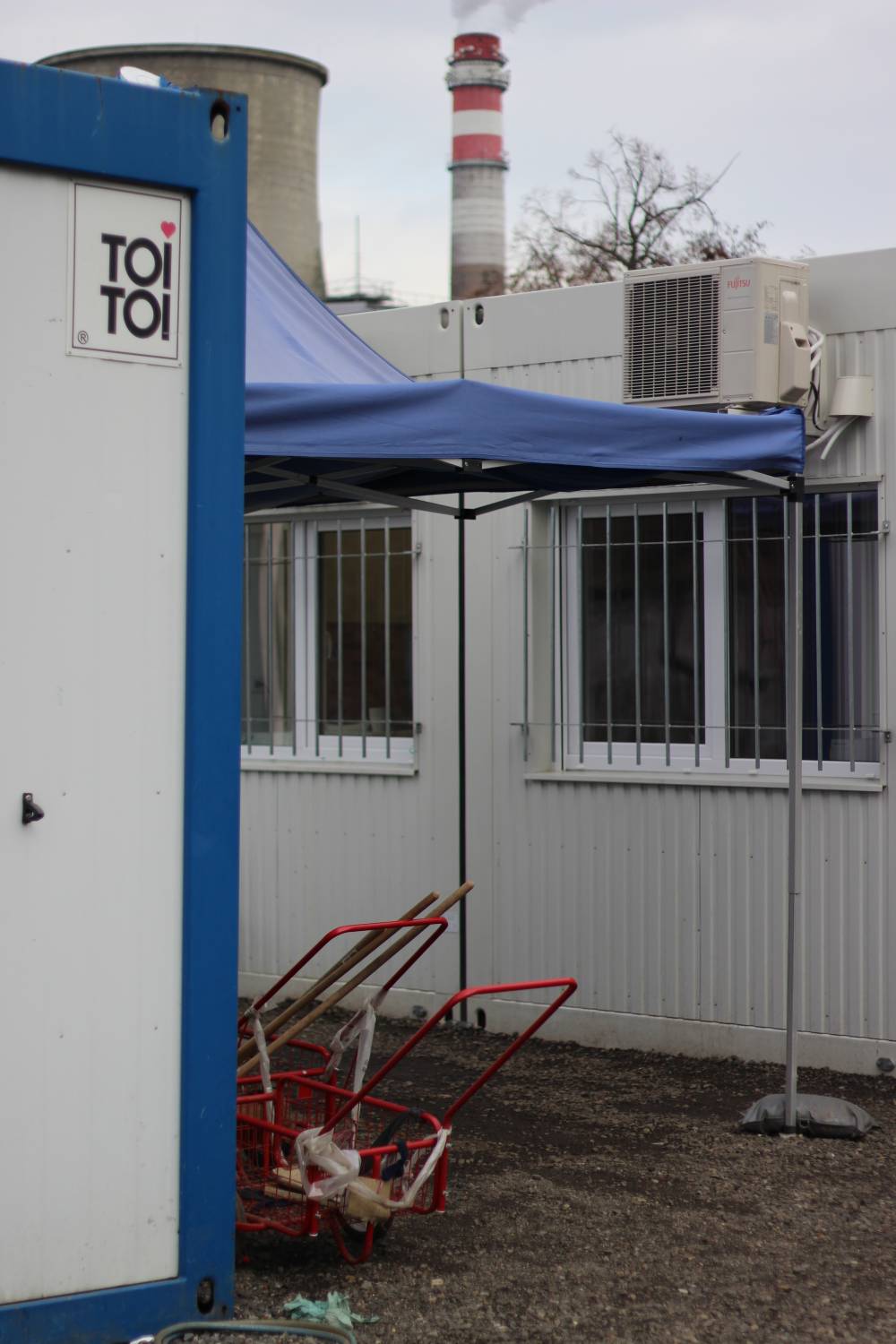When did you first notice that the society is split?
When Babiš entered politics?
When Trump won the election? In the 90’s?
Is the society actually split? Hasn’t it always been so?
Public debates are usually dedicated to male experts on given topics, popular entertainers and in their most democratic form to “well-known” public figures.
For our everyday topics such as doping scandals and fur farms banning, this casting can usually do the job (at least for appearance’s sake).
However, what about topics which go beyond this horizon?
The first one that comes to mind is the climate crisis.
The answer to why this topic seems to be generally disliked by the majority of our society is simple – it is too broad.
It reveals too much and the time and width needed for such a debate seems like from another world.
It’s almost comical to realize then that we are faced with a multiplicity of such topics.
A typical antiracist cliché tells us that we all have the same pair of hands, feel the same pain and in the end will die anyways.
Try asking someone from your circle what they would say if they heard the news that in 2060 it will be possible to stretch a human’s lifespan to 170 years with the aid of expensive and advanced technology.
The things that are nowadays considered as science fiction are seen as feeble.
The dystopian images of the past are now just another possible future outcome.
In 2016, the average life expectancy in Somalia was 53,42 years whereas in Switzerland it was 82,89 years.
This I believe is the dystopia and sci-fi of today’s world.
I think it’s evident we need to find new examples of what sci-fi means.
And we should be active in solving those things which already narrowly escape the category.
In both of these processes, we should ideally include the very people that are usually not asked any questions and if they are we just want to know when they’re going to get a job and start living a “normal” life.
That’s why I started visiting the day centre on Vlhká street, Brno, where they provide short-term relief to people living on the street or ones in non-standard and difficult life situations.
I talked to a lot of people there. We talked a lot about life in general but mainly about topics I consider important. I’m really lacking the opinions of people who live outside the liberal and financially secure social bubble.
I often remembered how I watched the ČT 24 TV programme as a teenager and imagined what the interview would be like if the anchor was talking to a homeless person.
What would their reaction be to the rising preferences of this or that political party or the completion of the construction of Dukovany nuclear power-plant? Should the Grand Prix be funded with public finances?
I don’t know what anyone would think in that situation but looking back I’m sorry to see the sense of stupid exoticism I had. How different and curious opinions such a person would surely have, I thought.
The interviews I conducted in the drop-in centre were diverse, some were quite personal, some were pretty nerdy and fixed on futuristic visions of any kind. In any case, it was futile to try and find a common denominator for the individual talks.
Let alone to try and get a full picture of what the “people from the streets” think about the world.
“Let me tell you, I wouldn’t think that was a hobo if you didn’t tell me, and for a radio it’s quite good,” one woman told me after she cadged a cigarette from me and briefly listened to the first edit of the first episode.
She also liked the title Jupiter, so that was good.
BIO: Matyáš Zeman is an artist, a musician, a student of the Academy of Fine Arts in Prague and an activist interested in ecology and the social justice movement. His work is committed and speculative. His goal is to transform the mental and social automatisms which he gently pushes in the direction of his own opinions and irony. Formally, his work shifts between performance, music events, sound art, journalism, and speculative design. These principles were particularly used in the multimedia objects Propaganda (2018) and Kritika safe space nebo ani ne (2020). He publishes his music projects under various pseudonyms. Between 2016-2019, it was mostly Lady Lukopren. Since 2020, he’s been using the pseudonym Leopoldov as a reference to the Slovakian prison of the same name. In his projects, he uses participative creative processes. He often refers to the traditional media of sculpture and video and he’s interested in the topics of memory, imagination, and ecology. He’s been an active member of Ekobuňka AVU since 2018.
